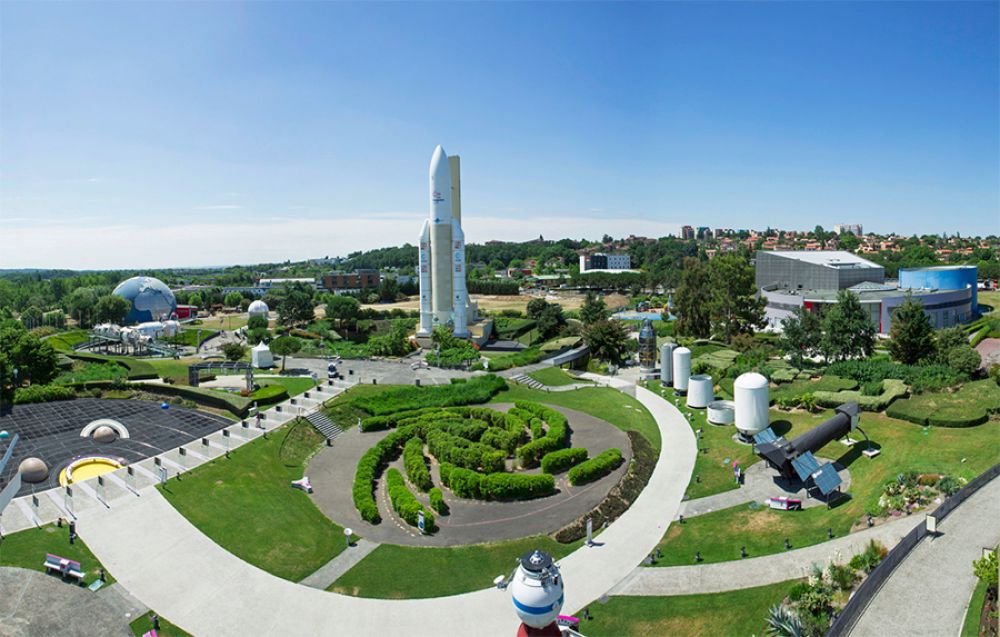

The city of Toulouse, often referred to as 'La Ville Rose' (The Pink City) due to its distinctive terracotta brickwork, is not only celebrated for its beauty and culture but also for its significant contribution to the aerospace industry. The opening of the Cité de l'Espace in 1997 marked a pivotal moment in Toulouse's tourism history, creating a nexus where science and curiosity meet the public interest.
Cité de l'Espace was conceptualized to celebrate space exploration and to educate the public about the cosmos and space-related technologies. Since its inauguration on June 27, 1997, it has welcomed millions of visitors, becoming a must-see attraction for anyone interested in astronomy and space exploration. Its founding came at a time when space travel was regaining popularity, and the European Space Agency, alongside French space agency CNES, which is headquartered in Toulouse, were making significant advancements.
Over the years, the park has expanded and evolved, adding new exhibits, interactive experiences, and authentic spacecraft to its collection. The acquisition of the Mir Space Station's core module and a full-scale Ariane 5 rocket has bolstered its status as a premier educational and tourist destination.
Equally important to its mission is Cité de l'Espace’s role in educational outreach. The establishment has developed numerous programs designed to inspire the next generation of scientists, engineers, and astronauts. School trips and educational activities are a significant aspect of the park's offerings, further embedding it into the cultural and educational landscape of Toulouse.
The park's immersive experiences, including planetarium shows, IMAX cinema, and hands-on exhibits, have continually adapted to incorporate the latest in entertainment technology, thereby maintaining its appeal for a modern audience. The addition of the Terr@dome and the Moon Runner interactive experience are testaments to its commitment to innovation.
In recent years, the concept of "edutainment," which combines education with entertainment, has taken the tourism industry by storm, and Cité de l'Espace is a prime example of this trend in action. Moreover, there has been a significant push towards creating more personalized and engaging visitor experiences, leveraging augmented reality (AR) and virtual reality (VR) technologies.
Sustainability in tourism is another growing trend, and Cité de l'Espace has been part of this movement, ensuring that its practices support environmental conservation and sustainable tourism principles. This involves managing waste, reducing water and energy consumption, and educating visitors about the importance of preserving our planet, which is particularly poignant given the climate-related insights offered by space exploration.
Covid-19 has necessitated modifications to the tourism experience worldwide, and Cité de l'Espace has adapted by implementing timed entry tickets, enhanced sanitation measures, and virtual queuing systems to maintain safety and comfort for all visitors.
Looking towards the future, the park's continual updates and adaptability to new trends suggest that Cité de l'Espace will remain a prominent fixture in both Toulouse's tourism scene and the broader world of space-themed attractions for many years to come.